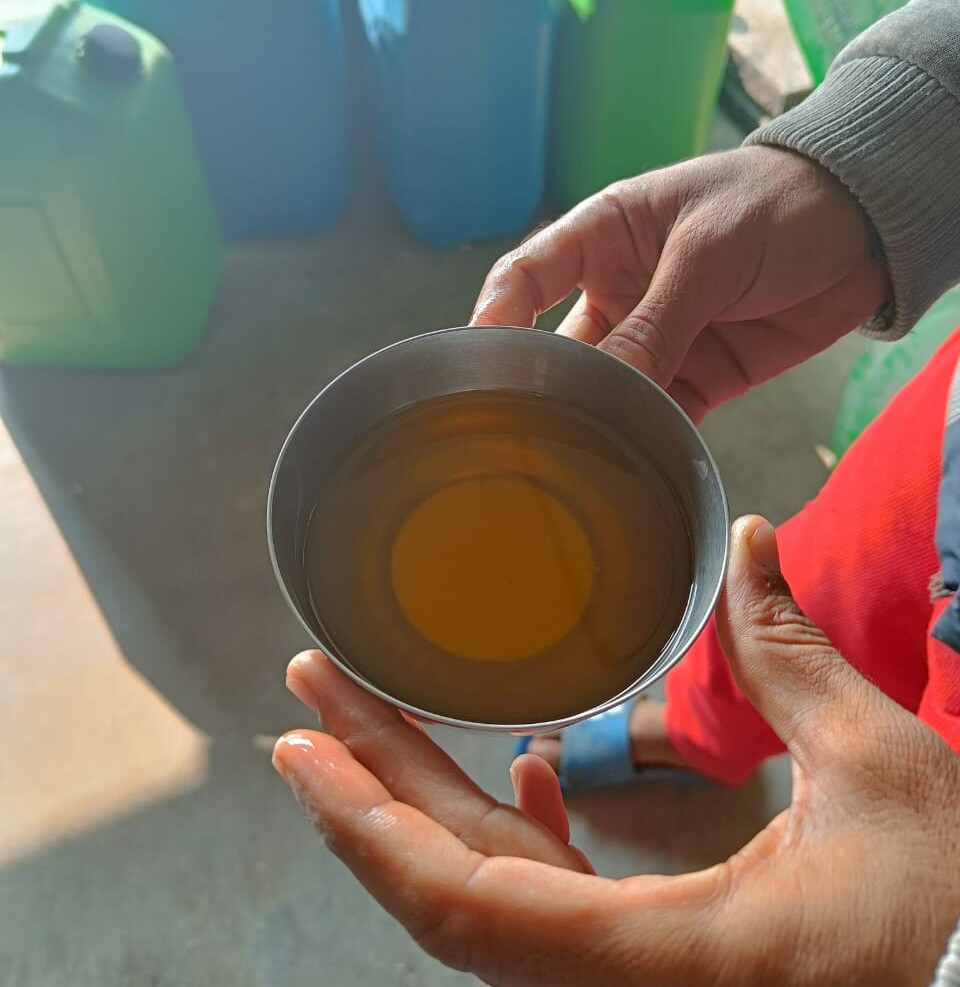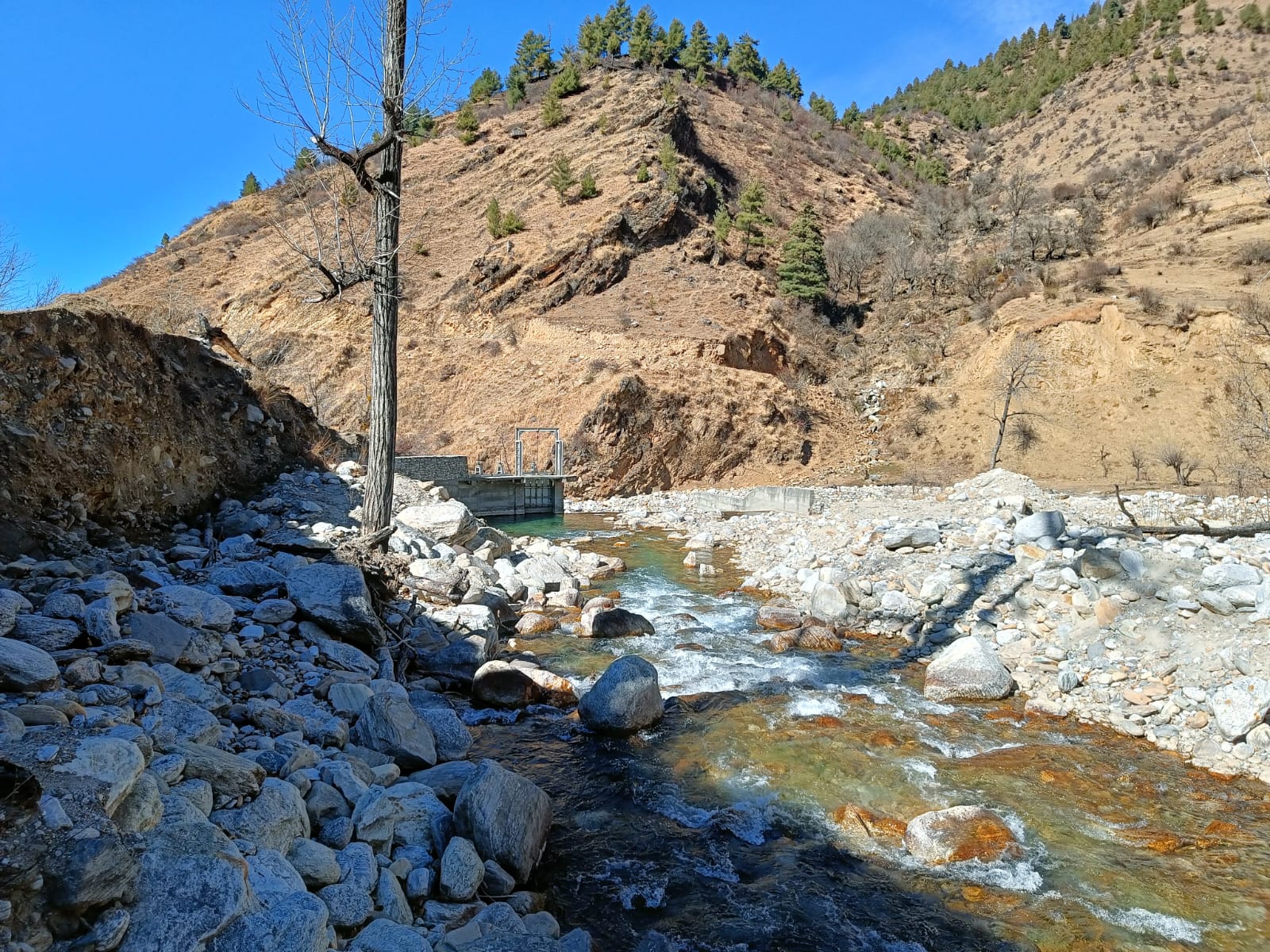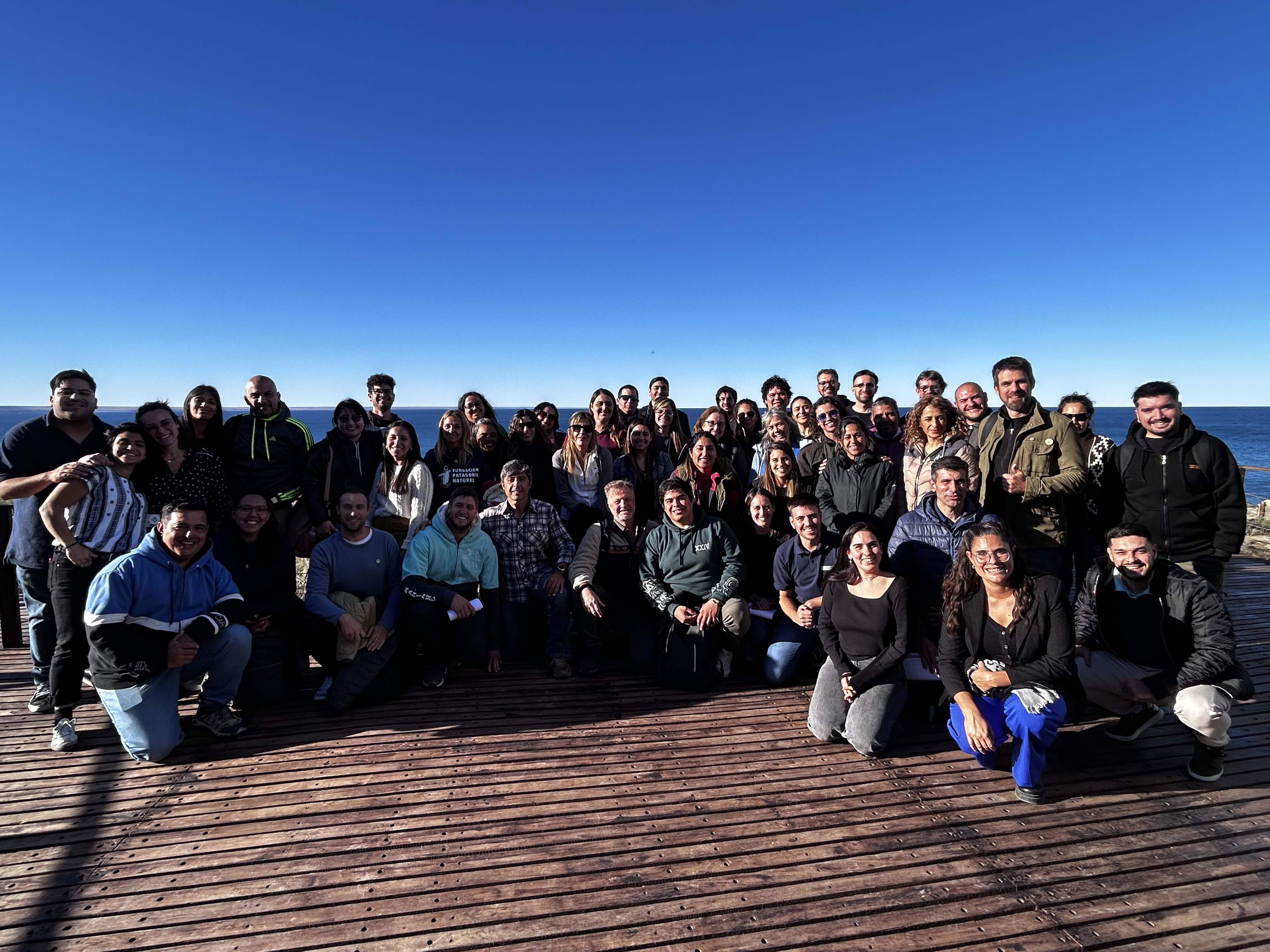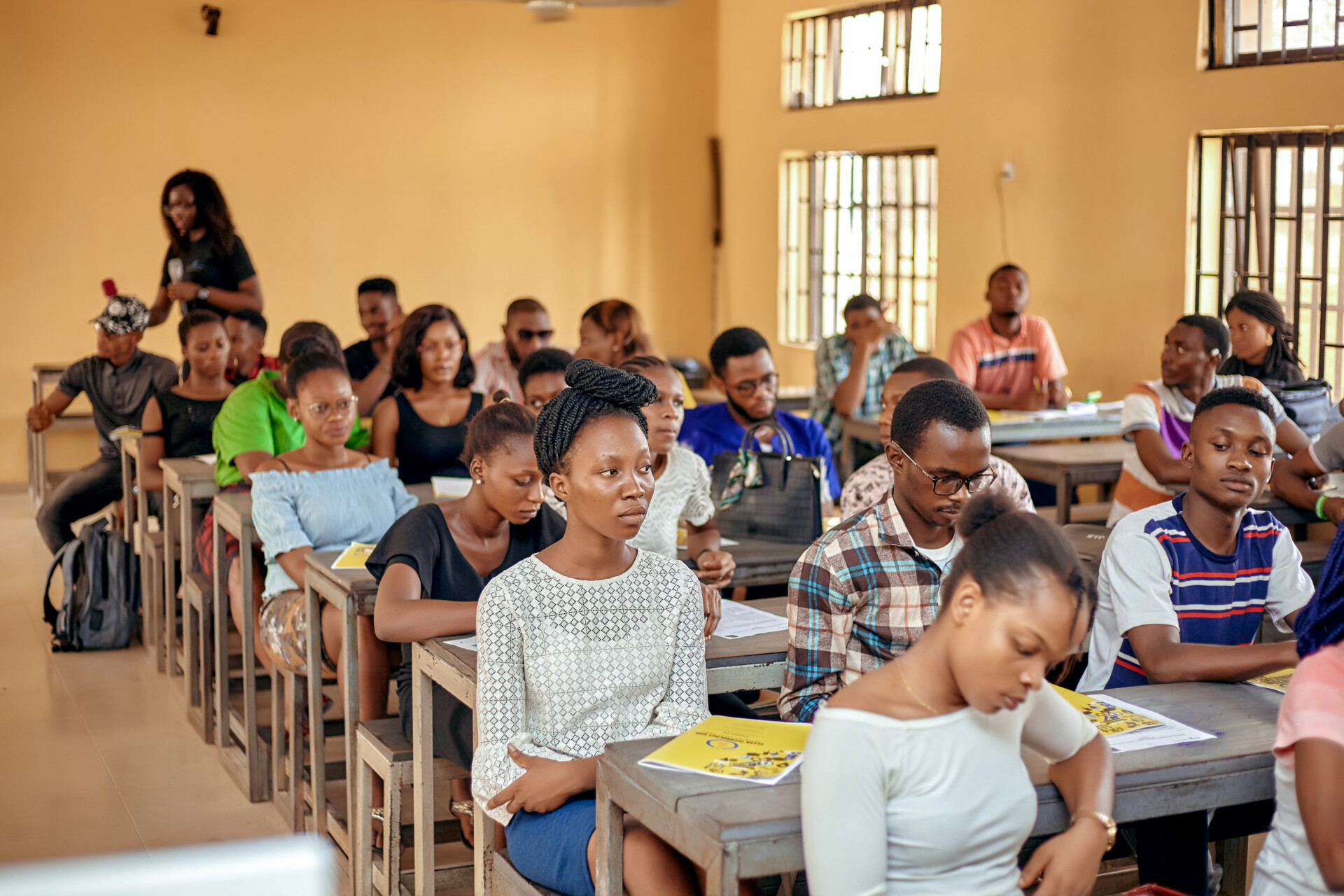More than 45 teachers from 15 schools in Chubut Province, Argentina, participated in the first training to launch our newest capacity building partnership: the YouthEnergy project.
Innovations in Nepal's Rural Landscape
A Journey of Lessons from Jumla and Baglung
by: Biraj Gautam (PEEDA) and Rabin Shrestha (Winrock International)
The WISIONS Innovation Lab Nepal team recently visited the Jumla and Baglung sites. This journey has enriched our understanding of the local context and guided us to narrow down some of the specific areas we will be looking into during the project’s next phase. In this blog, we aim to share some invaluable insights from our fieldwork.
During our visits to various micro hydro projects, we observed a strikingly low electricity demand; for instance, the Giri Khola hydro project in Jumla can generate up to 200 kW of power (installed capacity). However, we were surprised to find that the system was barely generating about 80 kW, of which the peak demand was approximately 34.5% of the generation capacity. This is quite thoughtful and striking at the same time. Flooding and landslides are other challenges reported during the visit. All MHP projects have difficulties coping with unpredictable floods and inundation. Within this context, we extended our engagement with the local government and non-government actors, including communities, to understand local plans and activities. This engagement also aimed to ensure long-term collaboration with the local stakeholders.
In response to the issue of underutilized energy, we identified two potential solutions. Firstly, we propose promoting the productive use of electricity in households, institutions, and enterprises. Many households rely on biomass or liquefied petroleum gas (LPG) for cooking, providing an opportunity to encourage electric cooking methods. Similarly, schools that use fuelwood and LPG for their meal programs could benefit from transitioning to electric cooking, reducing financial burdens by up to 50%, fostering cleaner environments, and leveraging local resources for small businesses such as Nettle Powder and Dhatelo Expelling enterprises. In contrast, small community-based cold storage and dryers could mitigate post-harvest losses and bolster market access.

Processed Dhatelo oil in Jumla
Moreover, enhancing irrigation infrastructure with electricity support offers another avenue for energy utilization. Secondly, we advocate for supporting grid interconnection within the national grid, in line with Nepalese government’s policies to diversify energy sources and enhance local electricity resilience. In addition, we recognize the need for capacity development for micro hydro project operators and management committees to ensure sustainable operations and transparency.
Addressing climatic challenges, we underscore the significance of promoting nature-based solutions that are locally accessible, comprehensible to communities, and cost-effective. Bioengineering solutions appear to be particularly effective in securing MHP infrastructure, offering a multi-faceted approach to soil conservation. Moreover, efforts to mitigate landslides and reduce flood velocities in river basins are imperative for long-term resilience.

Upstream intake of Giri Khola MHP in Jumla
The enthusiastic reception from Tatopani Rural Municipality in Jumla, Nisikhola Rural Municipality and Badigad Rural Municipality in Baglung underscores the significant impact of collaboration and feedback. Ongoing dialogue with local authorities guarantees that our actions remain in line with overarching development strategies.
By joining forces, we extend the scope and effectiveness of our endeavors and foster a spirit of mutual accountability and shared achievements. As we transition to the next phase of our project, we aim to further strengthen our collaboration with diverse stakeholders, emphasizing a broader sense of collective engagement.
Learn more about our Innovation Lab project in Nepal!


